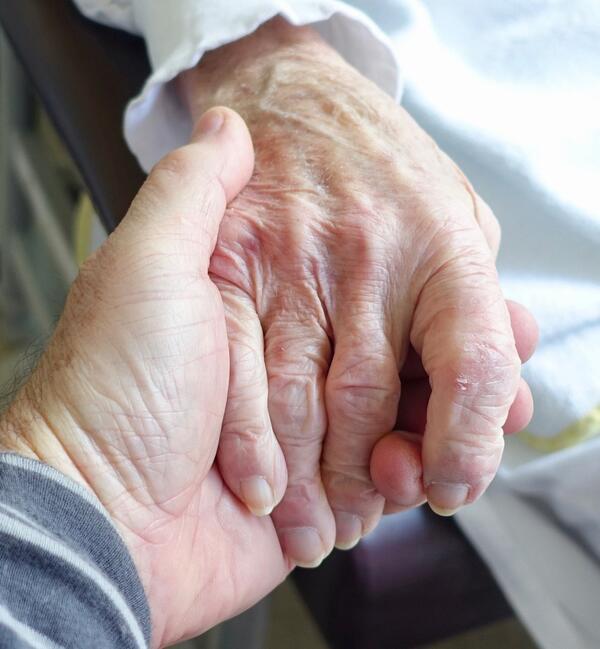
The Top Medical Conditions to Watch Out for if You Are Taking Care of the Elderly
We all know that aging is an inevitable fact, and our loved ones will grow older just as we, ourselves, will get older. And as individuals age, their bodies will go through various changes – and these changes can make them more susceptible to certain conditions, especially medical ones. For instance, they may develop arthritis, which is more commonly seen in the elderly since their bones and joints become weaker, or they may experience dementia or heart disease, which is quite common in elderly people as well. If you are taking care of a person who is elderly, it is therefore crucial to be aware of the top medical conditions to watch out for. By doing so, you can ensure that your loved one receives the proper care and treatment they need. So what are the top medical conditions you should watch out for when caring for an elderly loved one or relative? Following are a few:
Arthritis
Arthritis affects the joints, causes stiffness and reduced mobility, and can be incredibly painful. Arthritis is more prevalent among the elderly because of the natural wear and tear that occurs in the joints over a long time. There are many symptoms associated with arthritis, and these symptoms include stiffness of the joints, pain, swelling, and a decreased range of motion, especially in the hands and fingers. The treatment may vary, but it includes physical therapy, pain relievers, or joint replacement surgery in more serious or severe cases.
Fungal nail infections
It may surprise you to know that fungal nail infections are also quite common among the elderly, and the condition is caused by nails that become dry and brittle, making them more prone to cracking - and developing fungal infections. The symptoms of a fungal nail infection include the thickening of the nail bed, discoloration, and the crumbling of the nail. Treatment may vary as well, but it often includes oral antifungal medication, topical medication, or, in severe cases, nail removal.
Heart disease
Did you know that heart disease is a leading cause of death among the elderly? It comes as no surprise, then, that almost everyone of a certain age suffers from a form of heart disease, be it heart failure, heart enlargement, coronary artery disease, or arrhythmias. The symptoms may include shortness of breath, chest pain, palpitations, and fatigue. In order to treat heart disease, a doctor may prescribe medication, but the treatment also includes lifestyle changes. In other, more serious cases, the person may have a surgical procedure.
Dementia
Dementia affects one’s cognitive function, which includes language, memory, and decision-making abilities. It is more prevalent among older adults because of the natural aging process and the increased risk of developing underlying conditions contributing to dementia. Typical symptoms include confusion, forgetfulness, and difficulty communicating, and the treatment may include medication and lifestyle changes to manage the symptoms and improve the overall quality of life.
Diabetes
Diabetes affects the body's ability to regulate the sugar in the blood, and although young people can also have it, it is more common among the elderly. There are many symptoms associated with diabetes, but this includes frequent urination, an increased feeling of thirst, fatigue, and blurred vision. The treatment for diabetes often includes medication and lifestyle changes. It is also important to monitor the blood sugar regularly.